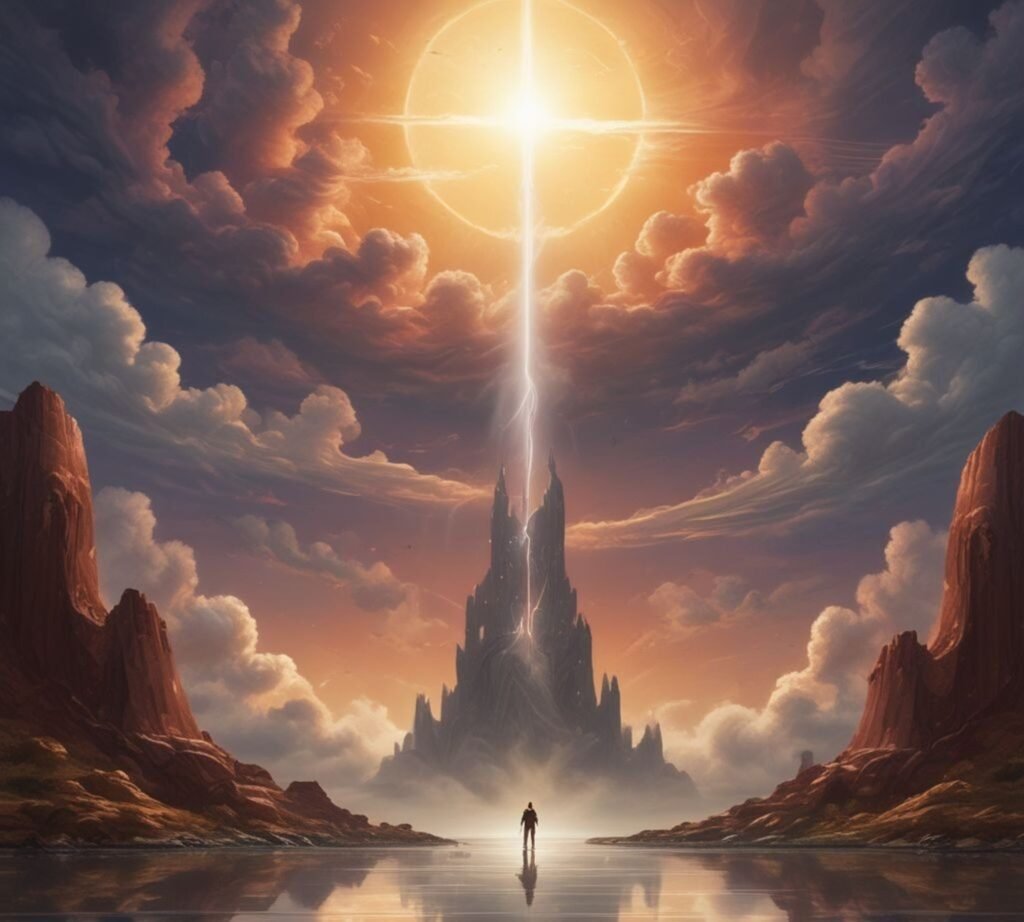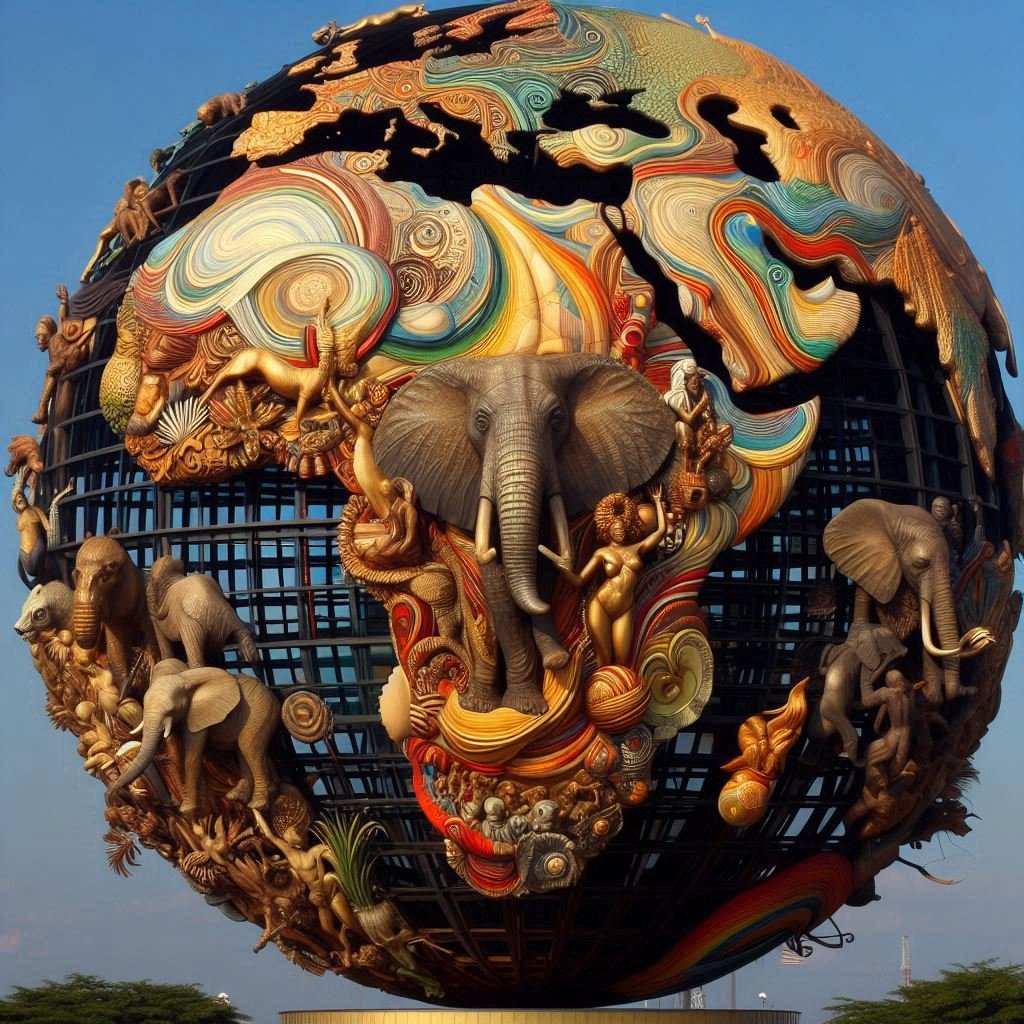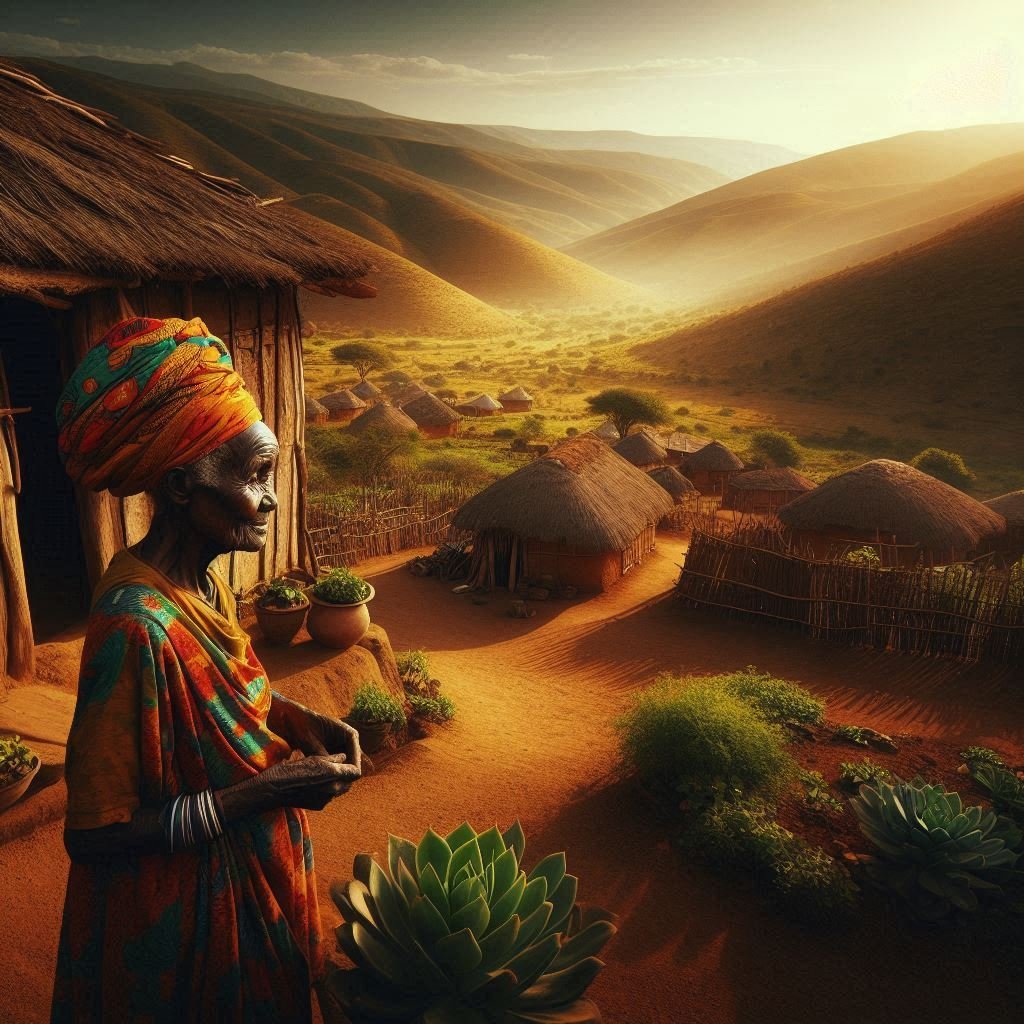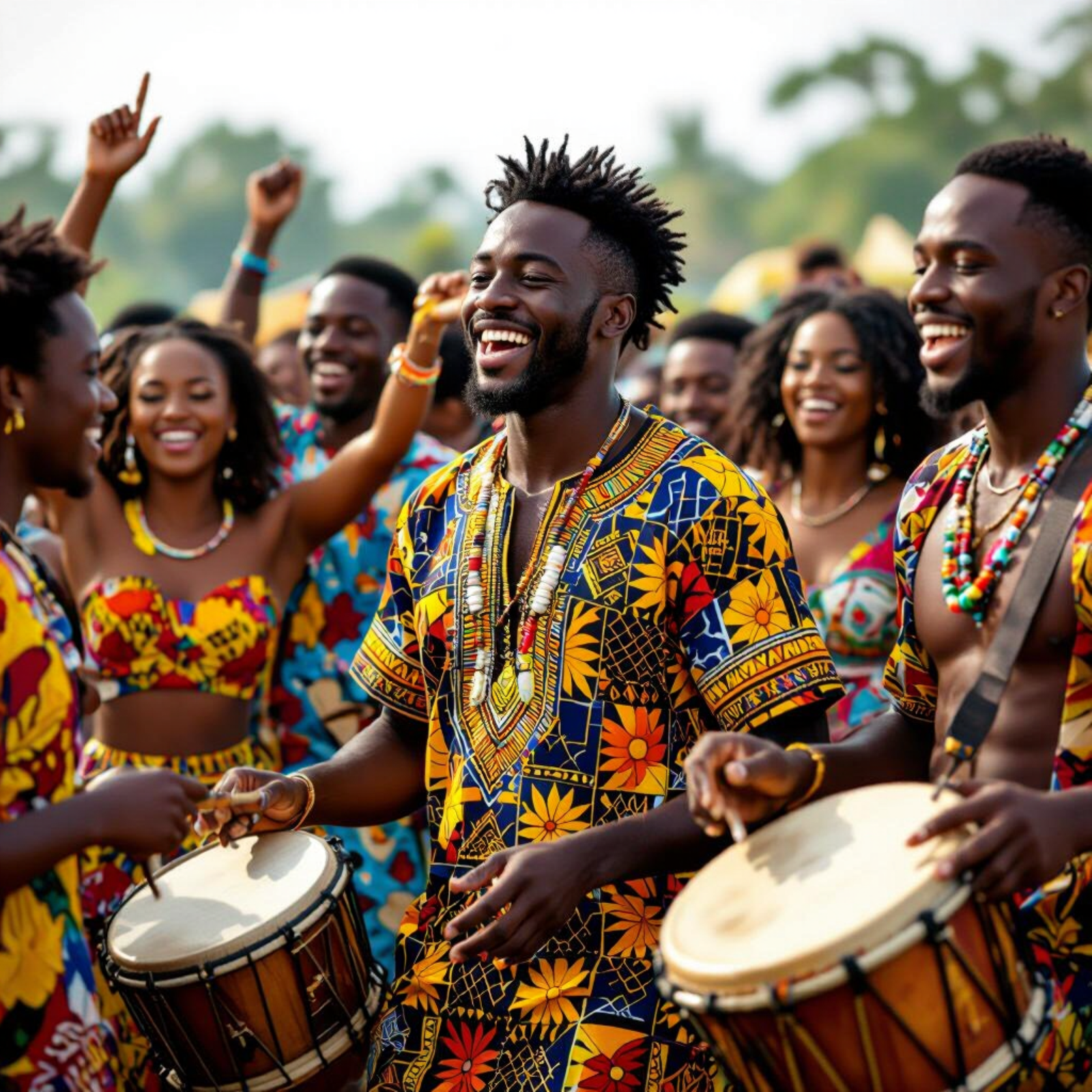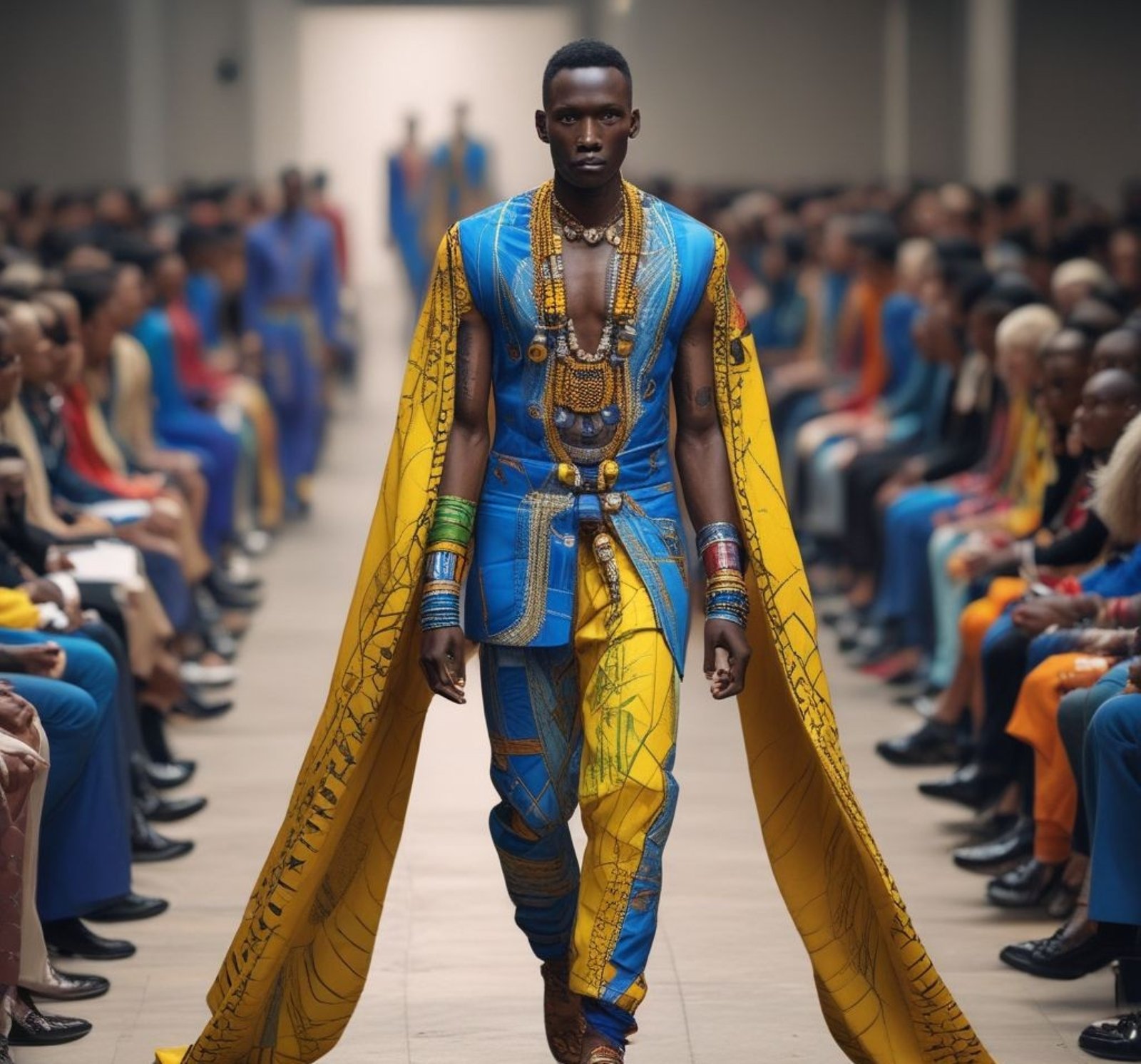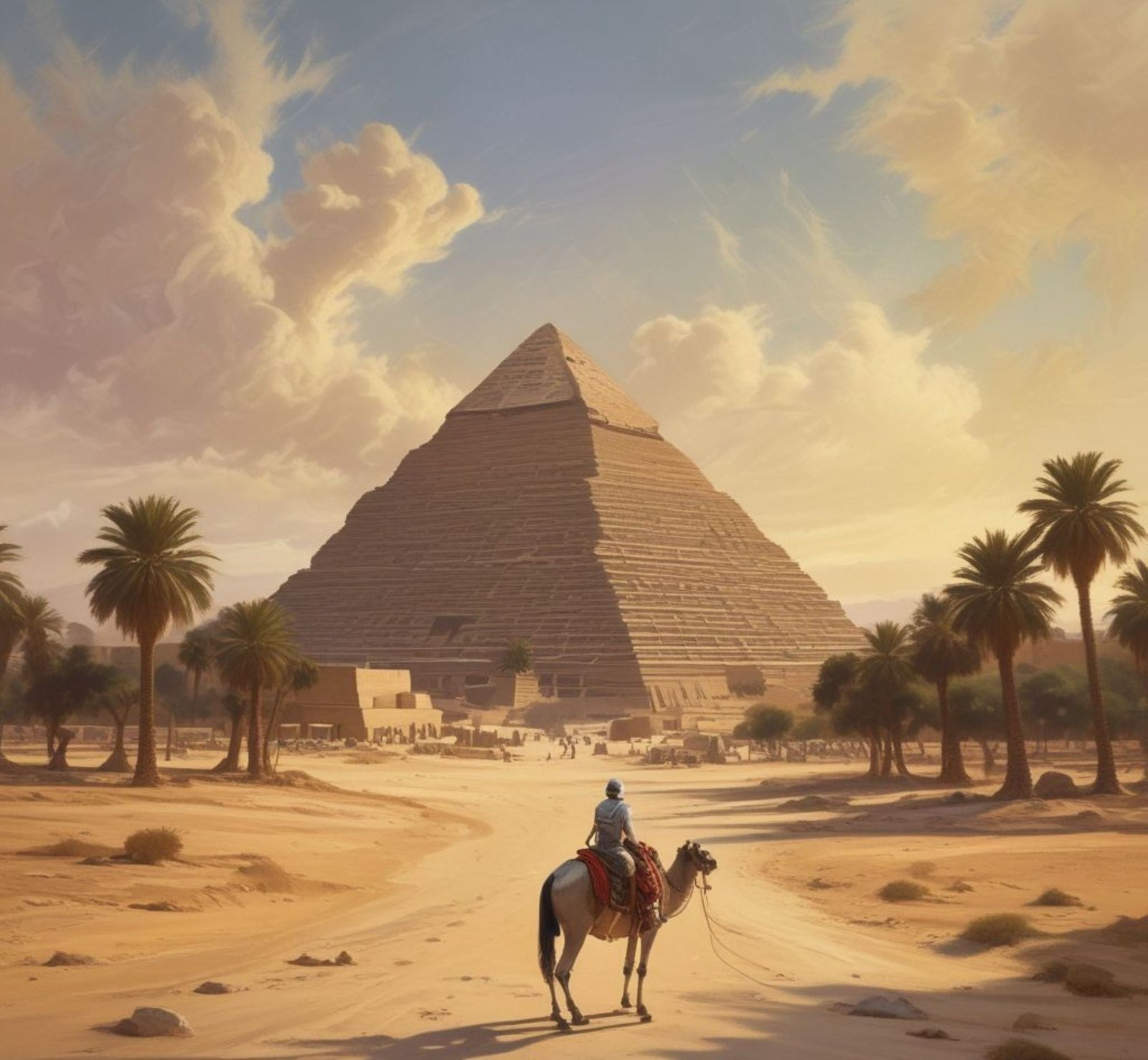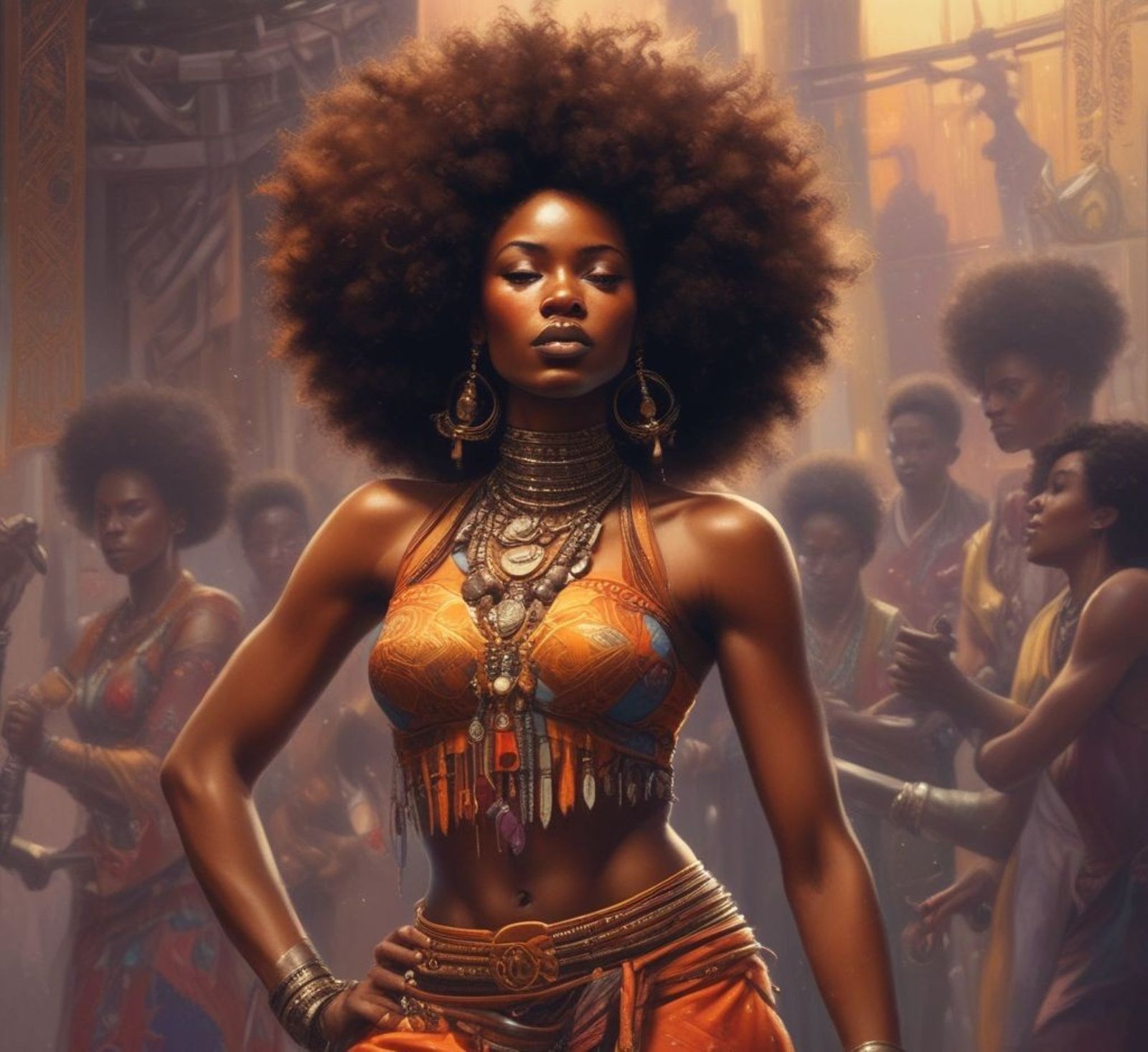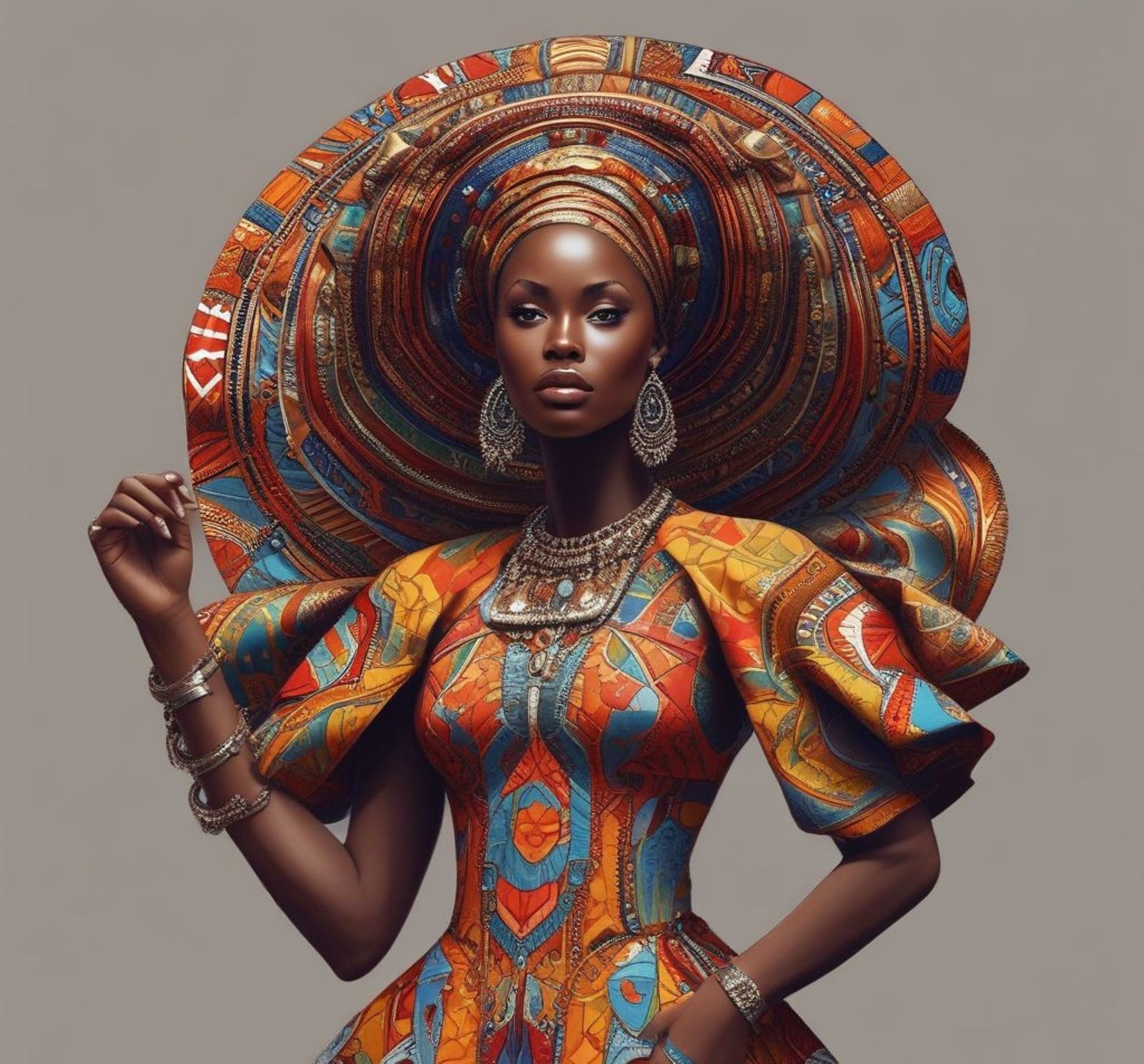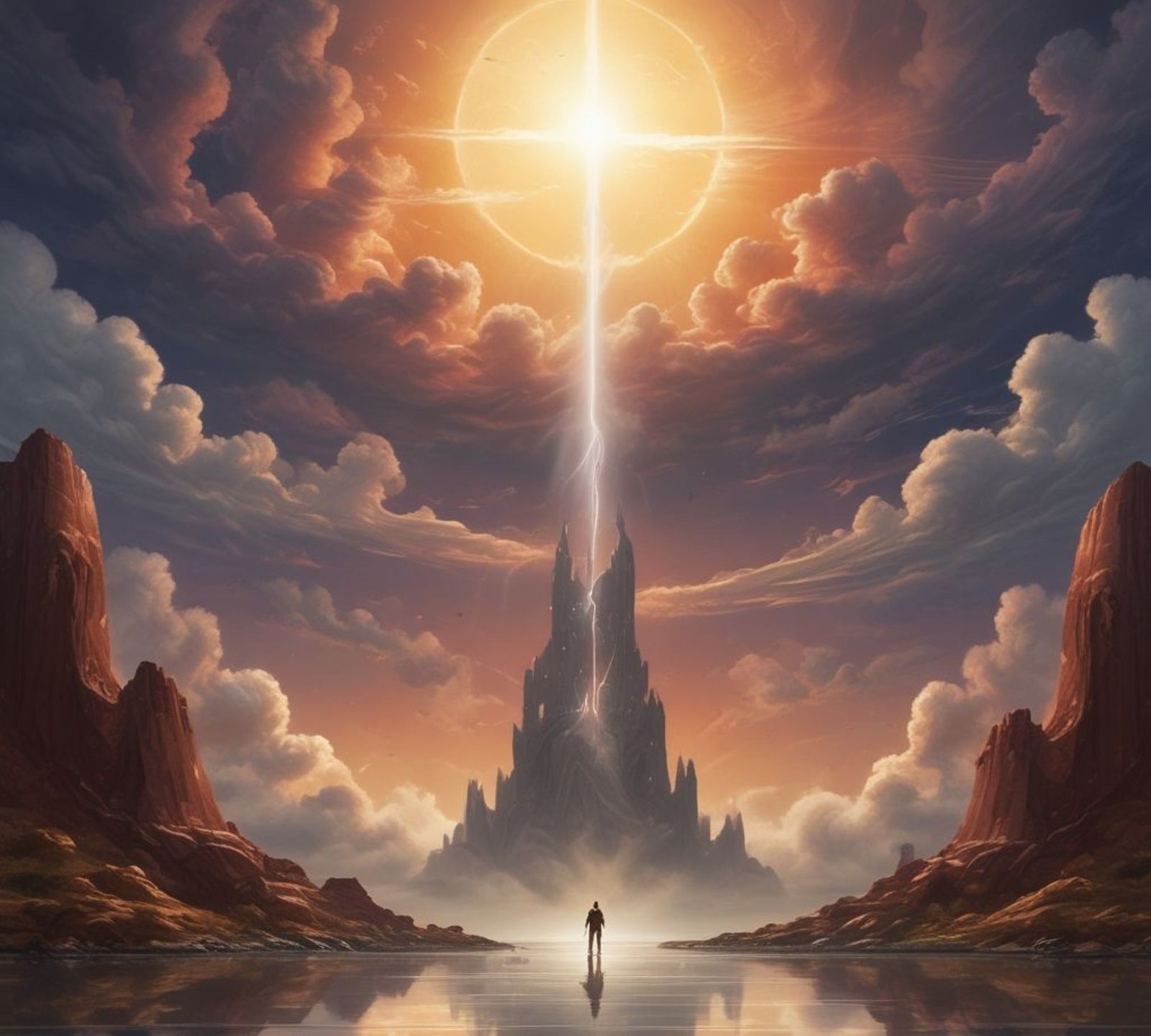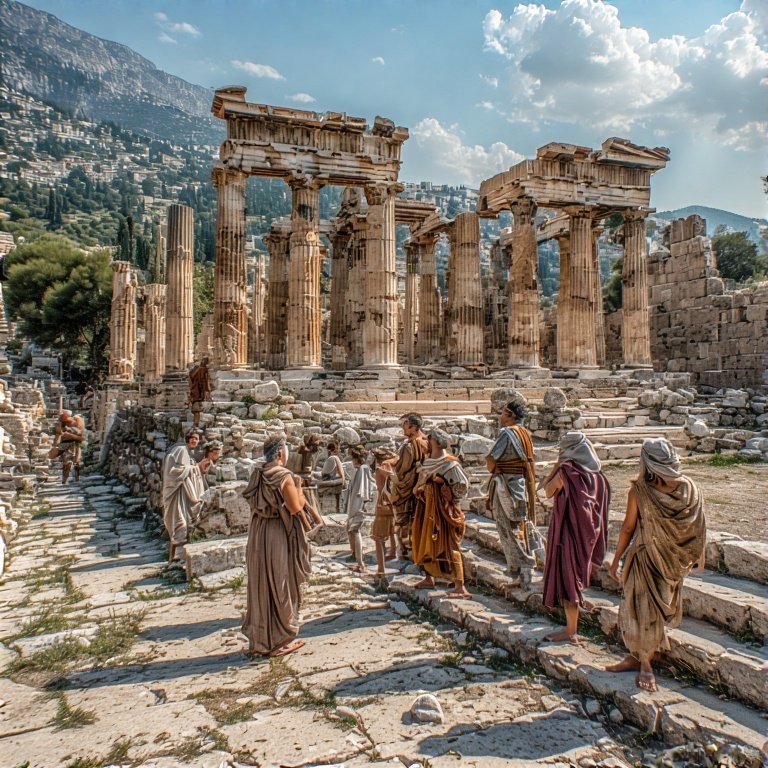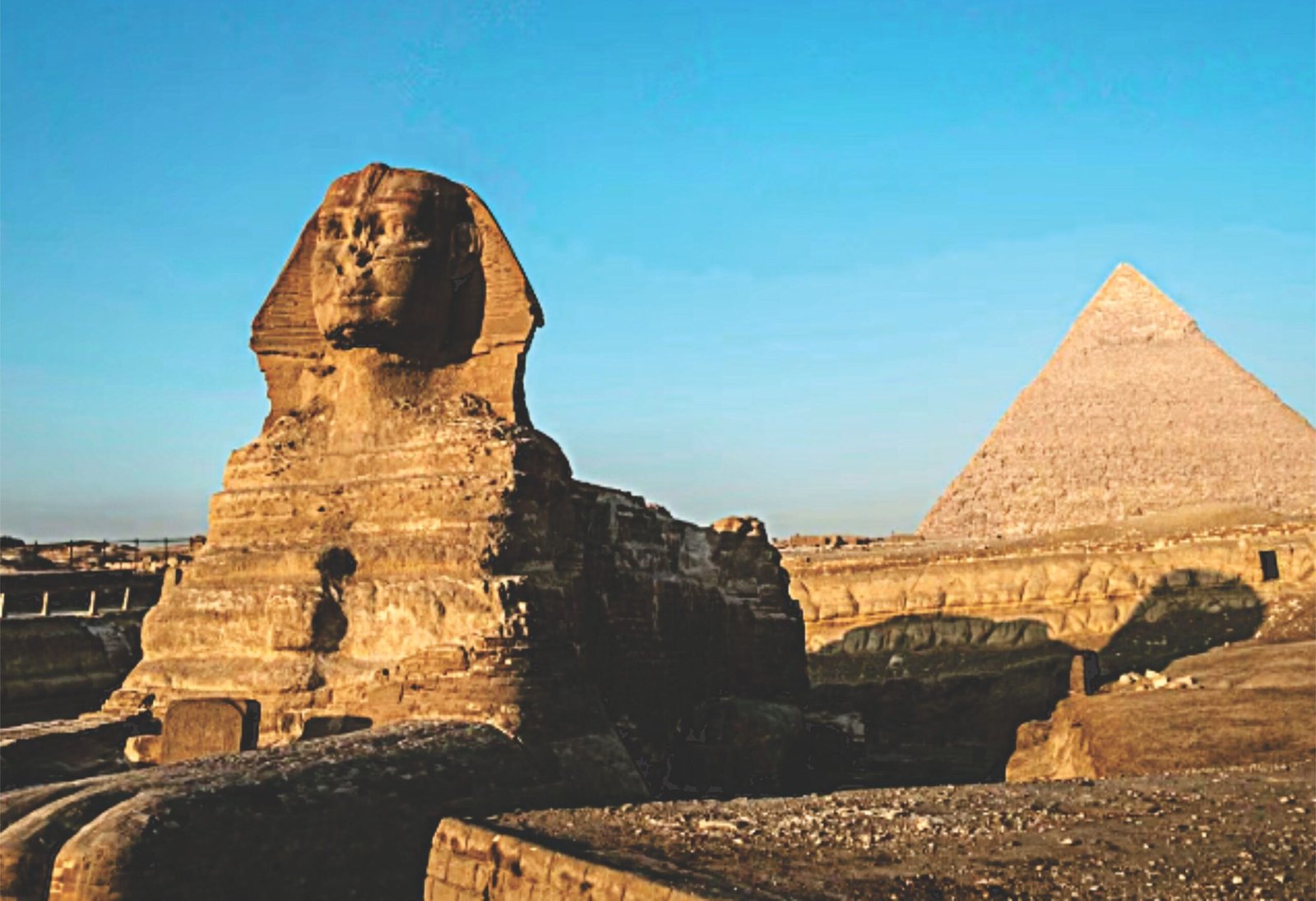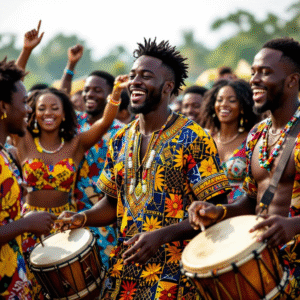Table of content
Introduction
The concept of God has been a cornerstone of human thought and culture for millennia, serving as a focal point for philosophy, theology, and spirituality. Across various traditions and belief systems, the understanding of God varies dramatically, yet several common themes emerge that illuminate the nature of the divine.
At its core, the concept of God often embodies the ultimate source of existence, authority, and morality. For monotheistic religions such as Christianity, Islam, and Judaism, God is typically perceived as a singular, all-powerful being who created the universe and continues to be actively involved in the affairs of humanity. God is seen as omniscient, omnipotent, and omnipresent, possessing infinite wisdom, power, and presence.
Contrastingly, polytheistic religions like Hinduism and ancient Greek religions represent a pantheon of deities, each with its own distinct personality, powers, and responsibilities. In these beliefs, the concept of the divine is multi-faceted, allowing for a more personalized relationship between the worshiper and the god or gods. This plurality reflects the diverse aspects of life, nature, and human experience, with each deity representing different elements or principles.
